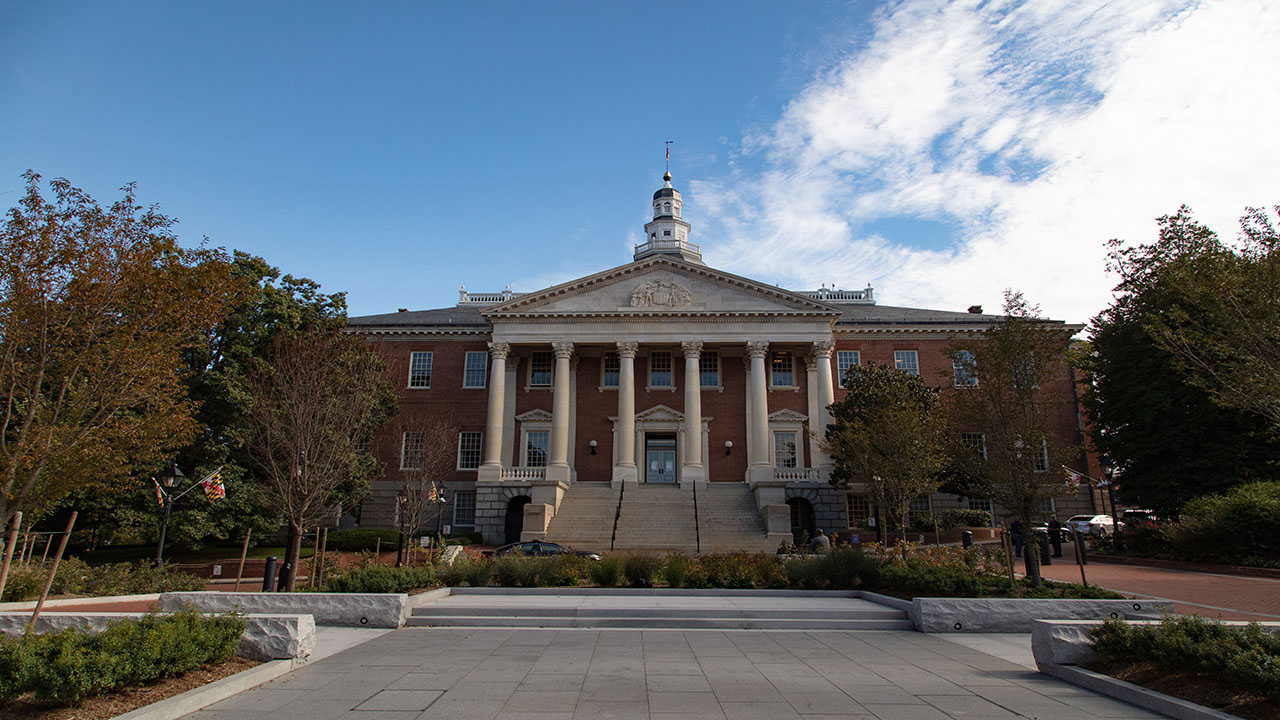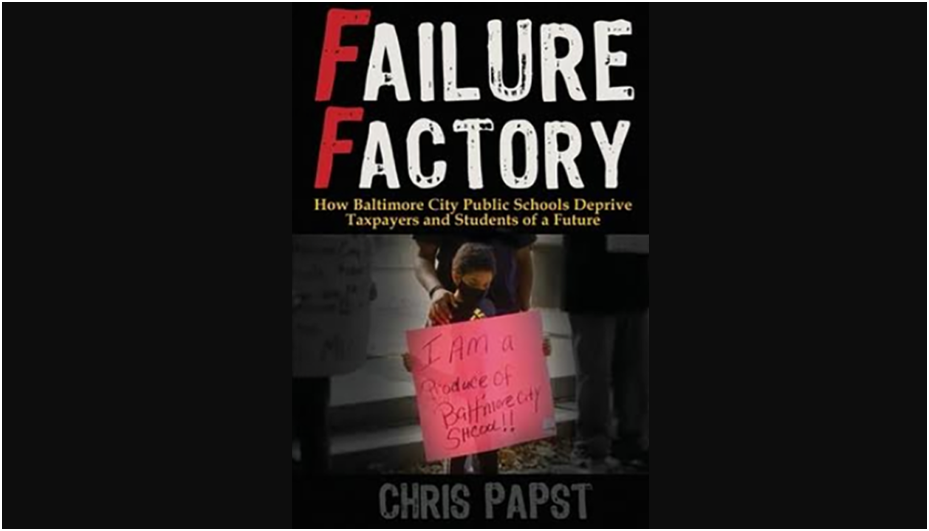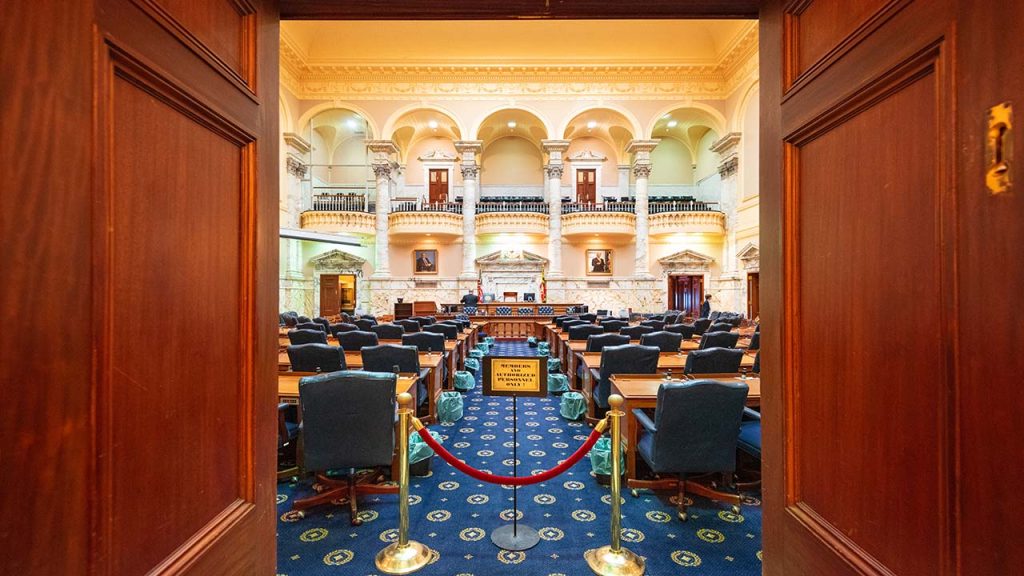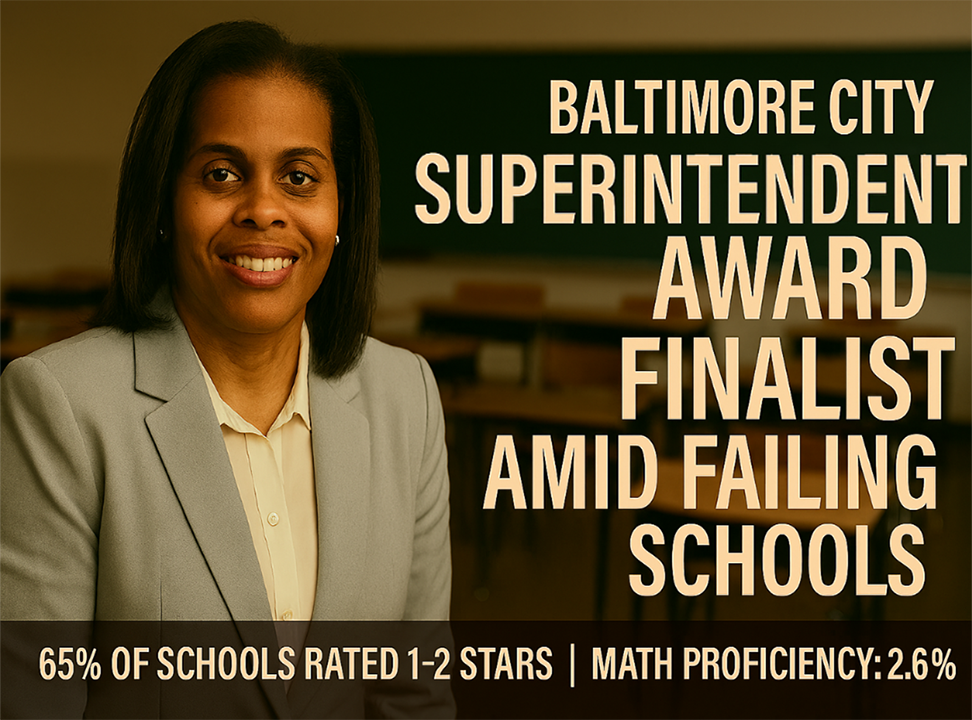

Top-Down Tyranny: The Battle Against State-Mandated Education
Once again Worcester and other counties are at odds with state-level progressive politics. This time, the issue is Governor Wes Moore’s executive order establishing an environmental literacy program. While the intent to educate youth on environmental conservation is commendable, the manner in which this curriculum was imposed raises significant concerns about executive overreach and the continued erosion of local control in educational matters.
Governor Moore’s executive order, announced on Earth Day, mandates the creation of the Maryland Outdoor Learning Partnership. This initiative aims to integrate climate change education into the state’s K-12 curriculum, with the goal of empowering students to conserve and restore Maryland’s natural resources. The partnership includes various state agencies and nonprofits, such as the Chesapeake Bay Foundation and the National Wildlife Federation, and will meet monthly to review and recommend educational strategies.
The Governor’s office argues that this initiative is necessary to address the pressing environmental challenges facing Maryland. “We owe it to the people of Maryland to keep our drinking water clean, keep our air safe, and preserve our national treasures,” Governor Moore stated. The executive order underscores the importance of preparing students for a green economy and highlights the benefits of outdoor engagement for student achievement and health.
However, this unilateral move to create curriculum via executive order bypasses the established legislative process and undermines local authority. No one needs to tell those in Worcester County about the importance of the environment. Where environmental stewardship is already a priority, this top-down approach disregards Worcester County’s unique understanding and management of local environmental issues. How does Governor Moore have the legal authority to unilaterally create and impose curriculum?
The precedent set by this executive order is troubling. It raises questions about the extent of executive power and the role of local governance in educational decisions. Worcester County’s community members should be particularly concerned about the erosion of the ability to tailor educational content to reflect local values and needs. The imposition of a state-mandated curriculum, without input from local educators and residents, threatens the principle of local control that is foundational to effective and responsive education systems.
Moreover, the executive order’s creation of the Maryland Outdoor Learning Partnership, which includes executive agencies and non-profits but excludes local representatives, further alienates the Worcester County community. The centralization of decision-making in Annapolis, far removed from the unique environmental and educational contexts of Worcester County, undermines the collaborative spirit necessary for effective environmental education.
The implications of this executive overreach extend beyond the specific content of the environmental literacy program. It sets a dangerous precedent for future educational mandates, where state-level officials could impose curricula on a variety of subjects, ignoring local expertise and preferences. This could lead to a homogenized educational landscape that fails to reflect the diversity of Maryland’s communities.
Worcester County’s experience with the Freedom to Read Act, which limits local control over library collections, serves as a cautionary tale. The new environmental literacy program, imposed without local consideration, follows a similar pattern of state overreach. Both instances highlight the need to respect local autonomy while addressing broader educational and environmental goals.
It is imperative for the Worcester County Board of Education and other local stakeholders to challenge this executive order. They must advocate for a more collaborative approach that involves local input and respects the principle of local governance. By doing so, they can ensure that educational initiatives are both effective and reflective of the unique needs and values of their communities.
The Maryland Association of Boards of Education (MABE) lists the following as its number 1 legislative priority:
Support for governance authority for local boards of education to adopt education policies and school system budgets reflecting local priorities and resources. MABE supports broad discretion for local board decision-making authority in exercising legislative, judicial, and executive functions in accord with state and federal law and principles of equity and excellence for all students. Specifically, MABE advocates that state and local initiatives not reduce local board governance or budgetary authority or create unfunded mandates.
MABE also states the following:
Supports local decision-making authority in developing curriculum, assessments, grading policies, and instructional programs and the adoption of statewide laws and regulations reflecting a commitment to local governance, professional judgment of local educators, and community engagement.
Environmental education is undeniably important; however, the method of its implementation matters. Governor Moore’s executive order represents an overreach of executive power and a disregard for local autonomy. Worcester County, with its strong commitment to environmental stewardship, deserves a say in how its students are educated on these crucial issues. It is time for local voices to be heard and respected in the decision-making process. The State Board of Education is the Ultimate authority over all matters in education in Maryland, not the Governor. It is shocking that the State Board of Education sits silent and says nothing. Mabe certainly had a lot to say when a Republican governor issued an executive order about the school year calendar calling it “…outside the Scope of the Governor’s Constitutional Executive Authority.”
Now that a Democratic Governor has created curriculum via executive order on what most would consider a traditionally Democratic issue, all is OK.
Dig Deeper With Our Longreads
Newsletter Sign up to get our best longform features, investigations, and thought-provoking essays, in your inbox every Sunday.
The MEN was founded by John Huber in the fall of 2020. It was founded to provide a platform for expert opinion and commentary on current issues that directly or indirectly affect education. All opinions are valued and accepted providing they are expressed in a professional manner. The Maryland Education Network consists of Blogs, Videos, and other interaction among the K-12 community.











